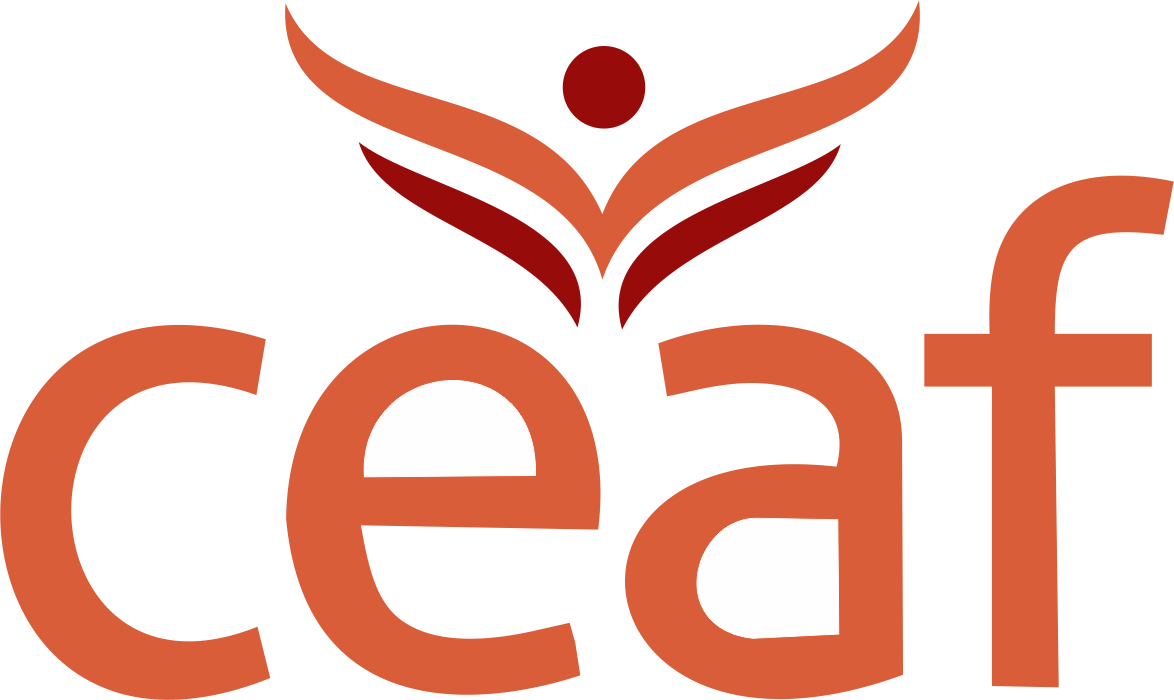How you feel in an interaction proves most helpful in deciding what to do.
Any of the news headlines regarding the latest sexual harassment case signals the arrival of a new norm. From entertainment moguls to news anchors and politicians, men from all walks of life are being called out for their abuse and victimization of women.
The #MeToo movement is an unfortunate yet revealing reality that brings serious attention to this pervasive societal epidemic that stems from a compelling need of men to control women.
Control tactics manifest themselves in interactions that are not just limited to sexual harassment. For many women, abuse—sometimes sexual in nature, and sometimes not—begins subtly yet insidiously, and often in unsuspected ways in an intimate relationship.
Power Differences Influence Coercive Behavior
When patriarchal biases in our social expectations create power differences between men and women, such acceptance of these biases of both women and men lead to coercive behaviors.
Today, we see the devastating effects of power imbalances in sexual harassment, sexual assault, psychological abuse, and domestic violence.
Sexual Harassment
This can be defined as “uninvited and unwelcome verbal or physical behavior of a sexual nature especially by a person in authority toward a subordinate such as employee.”1
Sexual Assault
The definition of sexual assault is “illegal sexual contact that usually involves force upon a person without consent or is inflicted upon a person who is incapable of giving consent.”2
Domestic Violence
The US Department of Justice (2015) defines “domestic violence as a pattern of abusive behavior in any relationship that is used by one partner to gain or maintain power and control over another intimate partner. Domestic violence can be physical, sexual, emotional, economic, or psychological actions or threats of actions that influence another person. This [add “violence”] includes any behaviors that intimidate, manipulate, humiliate, isolate, frighten, terrorize, coerce, threaten, blame, hurt, injure, or wound someone.”

